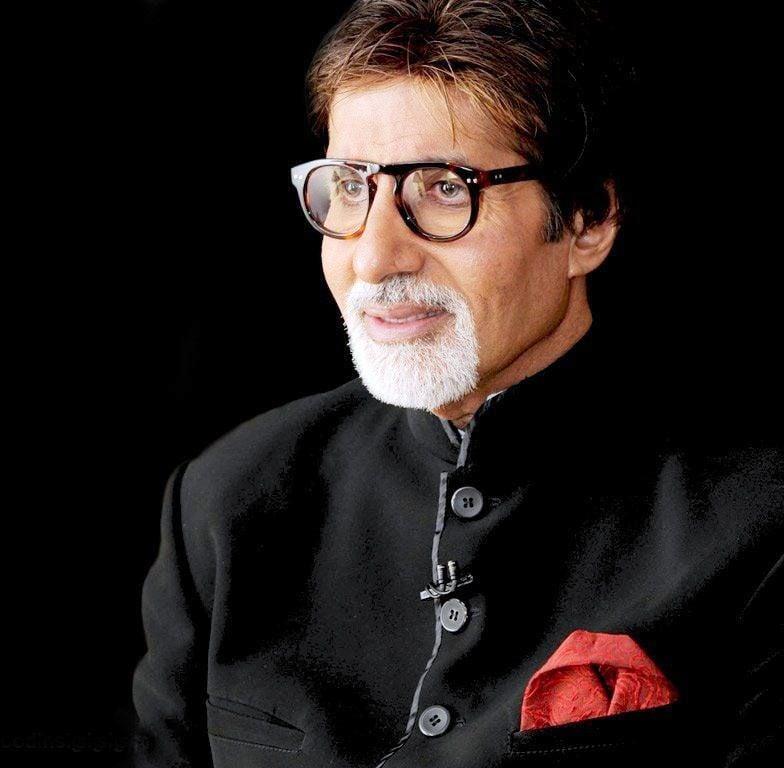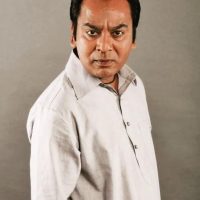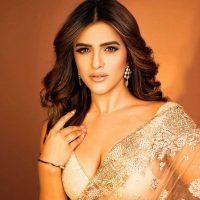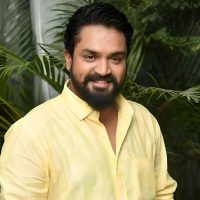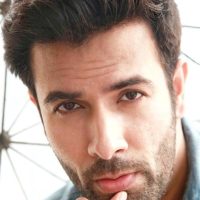| His ancestors were from Babupatti village in Pratapgarh District, Uttar Pradesh. |
| His mother, Teji Bachchan, was a Sikh from Lyallpur, now in Faisalabad, Punjab, Pakistan. |
| His father, Harivansh Rai Bachchan, was a famous Hindi poet. |
| Originally named 'Inquilab,' he was renamed 'Amitabh' by Sumitranandan Pant, which means 'The light that will never die.' |
| His surname was changed from Srivastava to Bachchan by his father in protest against the caste system. |
| His mother declined a feature film role to focus on domestic responsibilities, despite her interest in theaters. |
| He participated in plays during his college years. |
| His ambition was to become an engineer and join the Indian Air Force. |
| He excelled in athletics during college, winning races at different distances. |
| Despite his iconic Baritone voice, he was once rejected by All India Radio. |
| He made his debut as a voice narrator in the film "Bhuvan Shome" (1969). |
| His first Filmfare Award for Best Supporting Actor was for his role in the film "Anand" (1971). |
| His fame skyrocketed with the film "Zanjeer" in 1973. |
| He faced a serious injury while working on the film "Coolie" in 1982. |
| He was diagnosed with Myasthenia gravis. |
| He also battled Hepatitis B, causing significant liver damage. |
| In 1984, he briefly left acting to support Rajiv Gandhi in politics. |
| He established the Amitabh Bachchan Corporation Limited (ABCL) in 1996. |
| His statue at Madame Tussauds in London made him the first living Asian statue. |
| A talented ambidextrous, he can write with both hands equally well. |
| A life-size statue was unveiled in Tiljala by the All Bengal Amitabh Bachchan Fans’ Association. |
| He served as a UNICEF ambassador for hepatitis B awareness. |
| In 2019, he was announced as the recipient of the prestigious Dadasaheb Phalke Award. |
| The Delhi High Court took legal action against those violating his personality and publicity rights. |
